I assumed the usage here was essentially philosophy - looking for meaning beyond just the combat skills. And it's pretty easy to get philosophical within any pursuit (and any MA). Some arts (like mainline Aikido's peaceful philosophy) are inherently philosophical, but I don't think that means they are necessarily more philosophical than any other.I think the spirituality comes from the integrity of the activity. As I said, the more prominent “spirituality” is in the sales pitch, the less likely it is to be beneficial, in my opinion. It’s a red flag.
Navigation
Install the app
How to install the app on iOS
Follow along with the video below to see how to install our site as a web app on your home screen.
Note: This feature may not be available in some browsers.
More options
Style variation
You are using an out of date browser. It may not display this or other websites correctly.
You should upgrade or use an alternative browser.
You should upgrade or use an alternative browser.
Please help me decide between these three Martial Arts schools in my area
- Thread starter GuitaristDog87
- Start date
I think we're back at a point where several of us may be using different definitions of "spiritual", which makes all of this pointless until we know what each other mean.You asked me to name one spiritual benefit of training MMA. I named one. I could name more if you like.
Steve
Mostly Harmless
That's what I realized. I just need to remember that some folks see things from a very specific, myopic perspective. MMA is pigeon holed as one thing for them, and "TMA" is another.I think we're back at a point where several of us may be using different definitions of "spiritual", which makes all of this pointless until we know what each other mean.
Like fighting, I am very skeptical of anyone who says they are qualified to teach de-escalation skills only because they learned a system from someone else. Without experience, that person is probably incompetent. As I said, I know and have taught literally thousands of people who have no physical fighting skills de-escalation skills that they apply daily with people who are highly erratic and potentially very dangerous. Any of those folks would be far more qualified to teach this topic than some random TMA instructor who says he learned it as part of his martial arts training.
Ji Yuu
Yellow Belt
I understand what you are saying. Perhaps if you reference the 5 tenants of Tae Kwon Do or the 20 precepts of Shotokan, the things that build character, others can more easily see the comparison you are making. Use those as examples of the "spirituality" you are talking about.That's not what I'm saying. Steve gets stuff twisted when I say things.
That's not what I'm saying. What you are saying is where a person brings their own religion and spiritual beliefs to MMA.
To use your sentence. I'm saying that the MMA coach received his spiritual beliefs from MMA as presented by the MMA system. Which is why I asked what spiritual teachings does MMA teach. Even with some Japanese systems there is spiritual and ritual teachings that is part of the Martial Arts system.
Steve
Mostly Harmless
Alright. To the OP, I will just say train at whatever school you like. If the school delivers to you what you are really looking for, great. But make sure you will be doing what you want to learn. If you want to learn to fight, make sure the school fights. If you want to learn kata, make sure that the school does a lot of kata. If you want to learn weapons, by all means learn those weapons.
And conversely, if you don't really need to learn to fight, by all means look at some other styles where fighting isn't really their thing. If you LIKE the idea of being a ninja or a kung fu master (and I get that), being able to actually defend yourself might not be a priority. Just be honest with yourself about what you're learning and what you're not learning. Don't fall for the sales pitches.
And this bologna about some being more spiritual than others is complete bunk. Anything that is hard to do, that requires you to grow mentally and physically, and that makes you feel more confident and happy is filling up your spiritual cup.
As I said before, there is much spiritual, emotional, and mental benefit to all exercise. The more the activity focuses on just spirituality, the more skeptical I would be that it will deliver (In my opinion). So, if what you're learning checks all of your boxes, you are golden.
Some MMA specific articles:
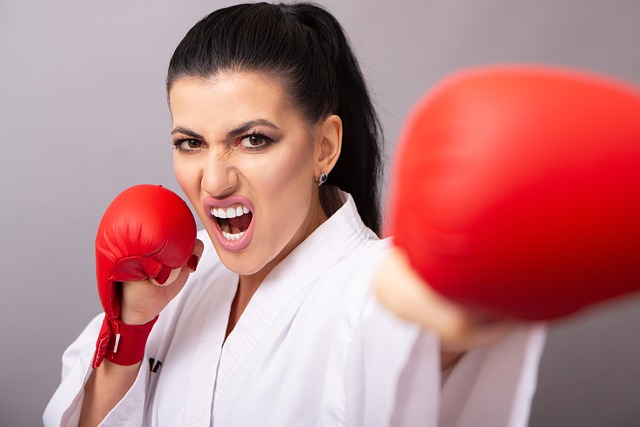
 azbigmedia.com
azbigmedia.com
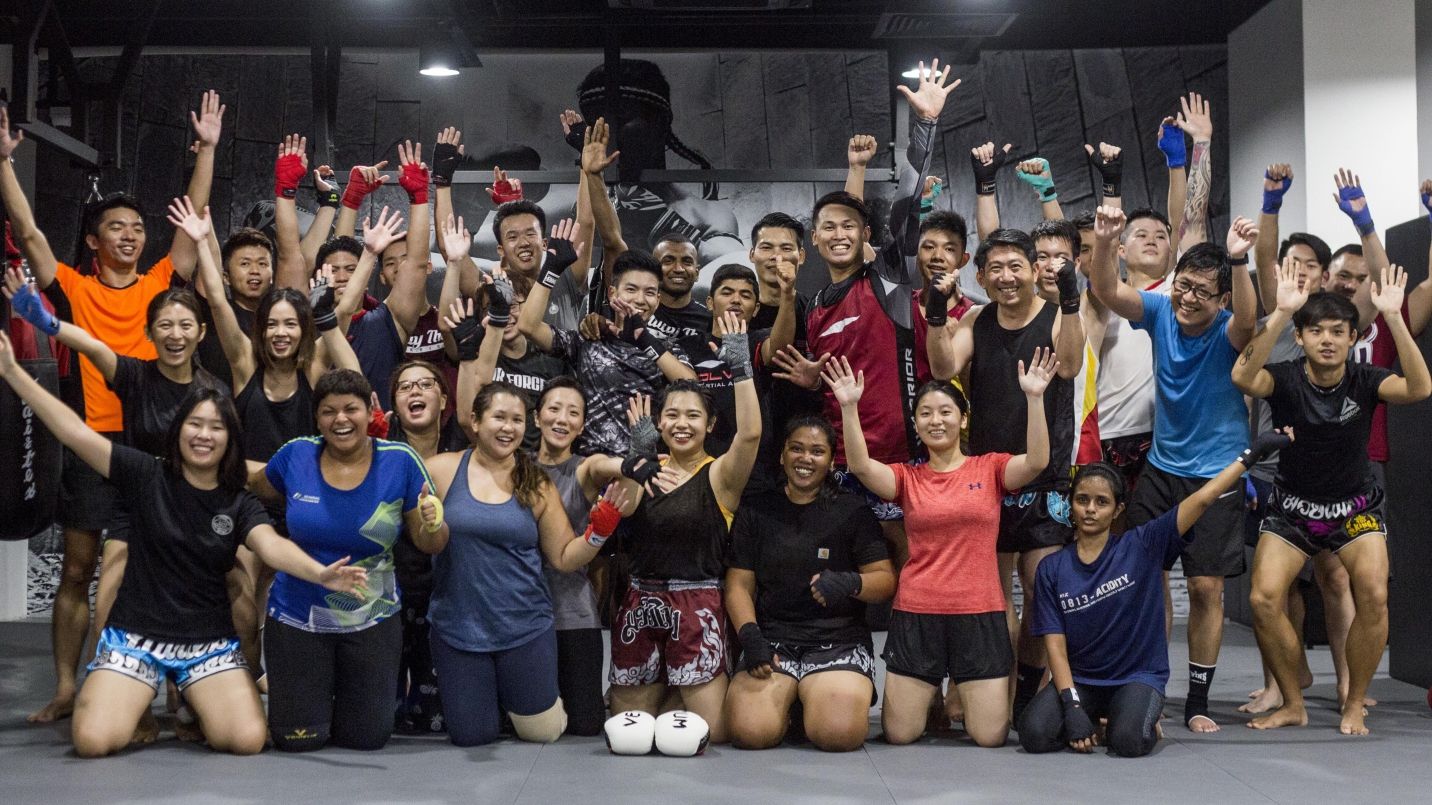
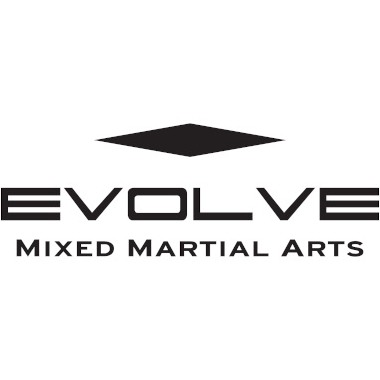 evolve-mma.com
evolve-mma.com
This one talks about the neuroplasticity that @drop bear and @Hanzou have both mentioned over the years.

 combatkinetics.com
combatkinetics.com
Here are a couple on martial arts that don't seem specific to TMA to me. I read the articles and everything mentioned applies equally to boxing, sambo, wrestling, BJJ, MMA, Muay Thai or any other style, as well.

 www.webmd.com
www.webmd.com
And some general articles on the benefits of any regular exercise:
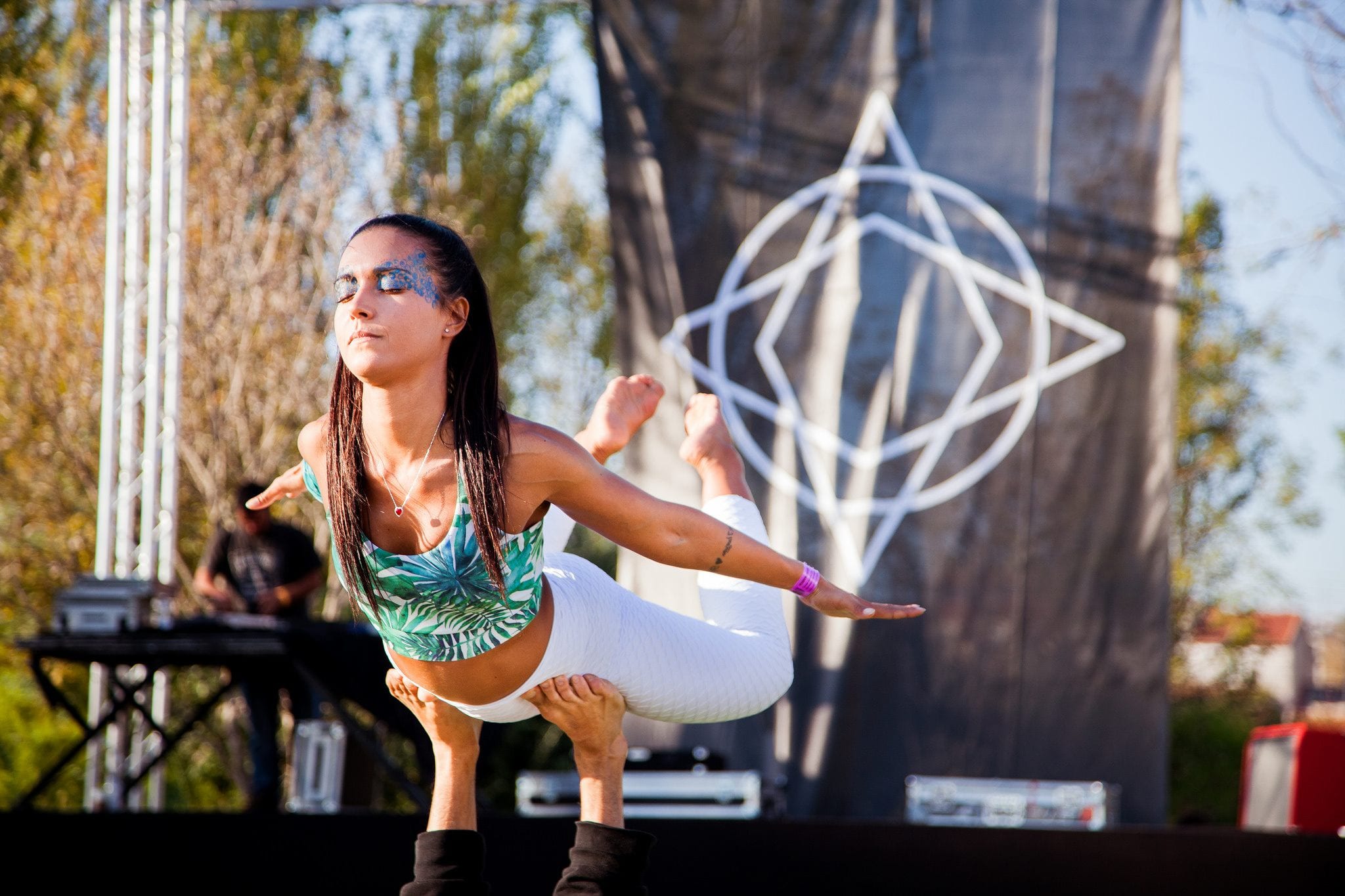
 wanderlust.com
wanderlust.com
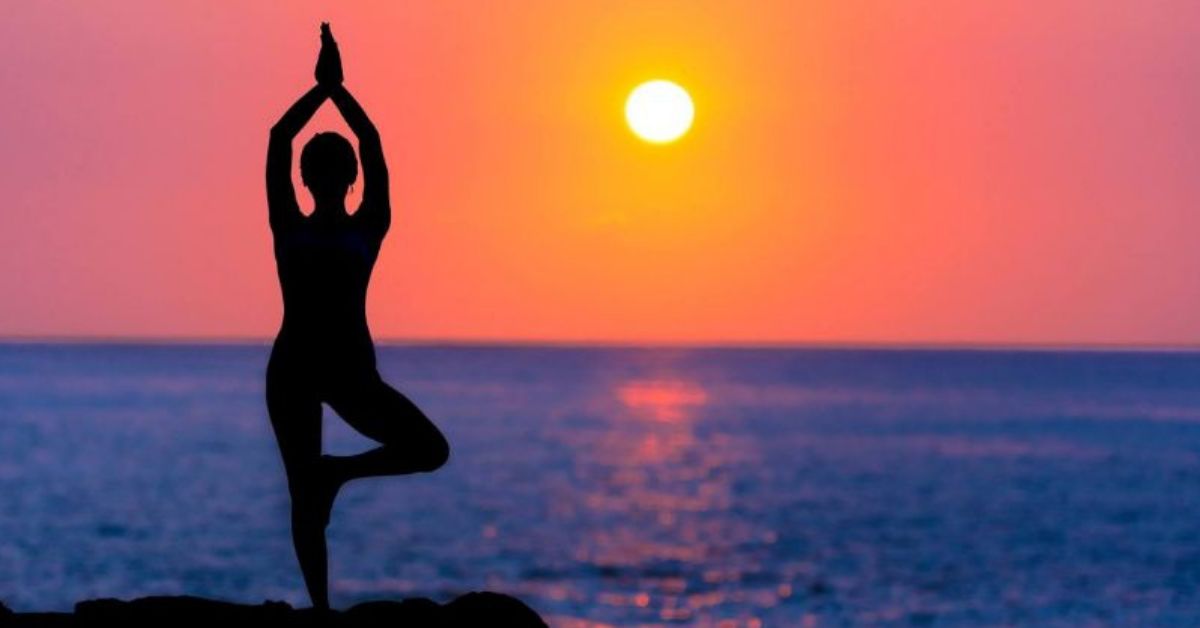
 www.vivotion.com
www.vivotion.com
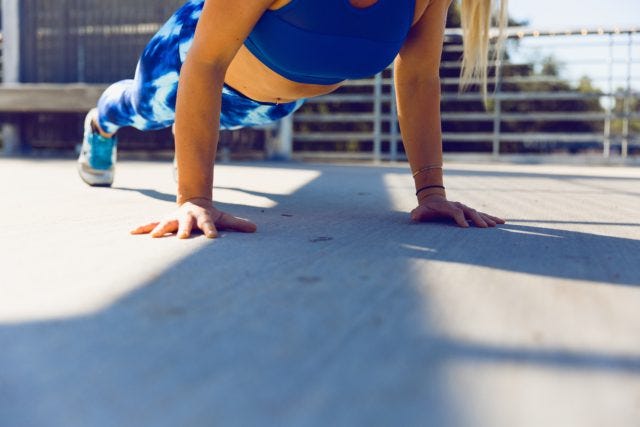
 medium.com
medium.com
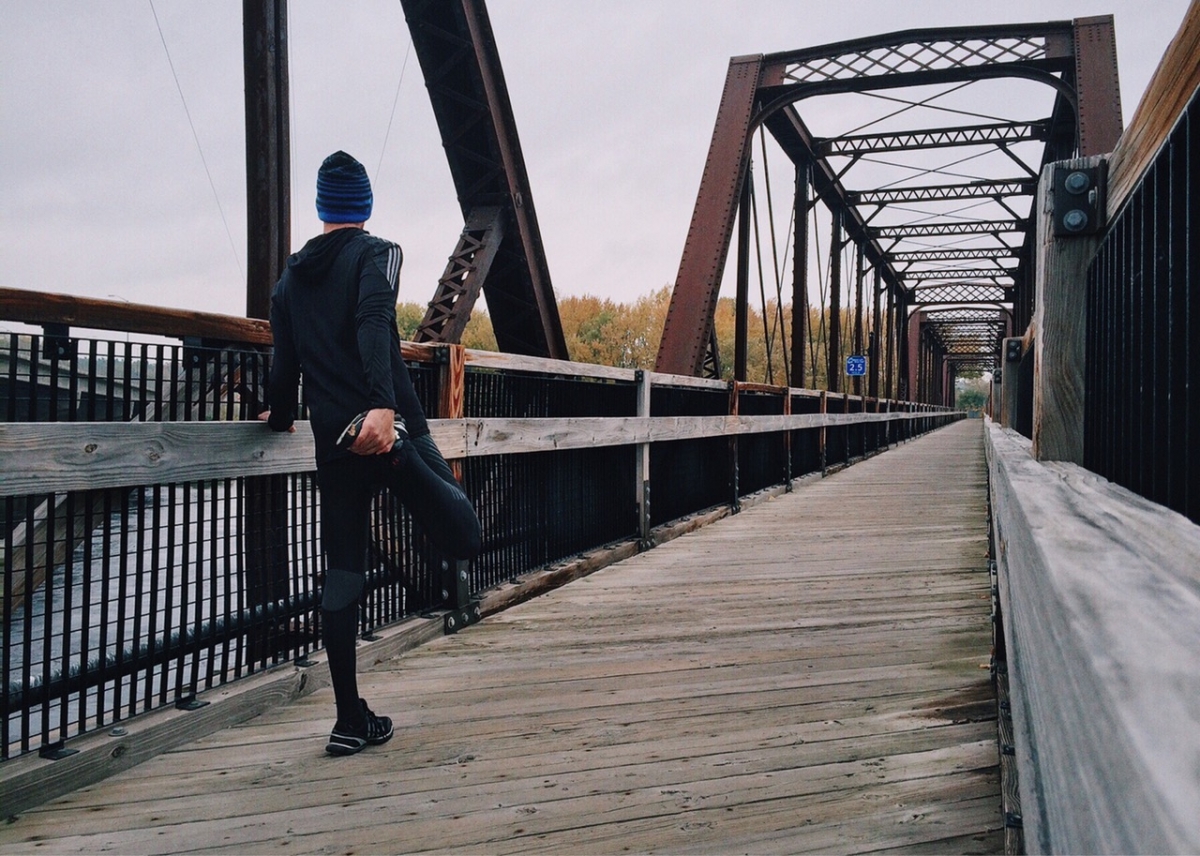
 www.christiantoday.com
www.christiantoday.com
 blog.nasm.org
blog.nasm.org
And conversely, if you don't really need to learn to fight, by all means look at some other styles where fighting isn't really their thing. If you LIKE the idea of being a ninja or a kung fu master (and I get that), being able to actually defend yourself might not be a priority. Just be honest with yourself about what you're learning and what you're not learning. Don't fall for the sales pitches.
And this bologna about some being more spiritual than others is complete bunk. Anything that is hard to do, that requires you to grow mentally and physically, and that makes you feel more confident and happy is filling up your spiritual cup.
As I said before, there is much spiritual, emotional, and mental benefit to all exercise. The more the activity focuses on just spirituality, the more skeptical I would be that it will deliver (In my opinion). So, if what you're learning checks all of your boxes, you are golden.
Some MMA specific articles:

Mental and physical health benefits of MMA - AZ Big Media
MMA is known as the world’s fastest-growing sport, owing to its presence for a long time. If you have never tried martial arts, you may not be acquainted with the benefits associated with it. MMA is not just limited to physical benefits, such as helping you get back in shape and losing weight...
 azbigmedia.com
azbigmedia.com

Here’s How Martial Arts Connects Your Mind, Body, And Spirit
Ask any martial arts practitioner, and they will tell you that martial arts training is the most complete form of exercise that they have ever encountered. Its approach to health and wellness…
 evolve-mma.com
evolve-mma.com
This one talks about the neuroplasticity that @drop bear and @Hanzou have both mentioned over the years.

MMA for your Mental Health.
Are you curious about what it looks like inside the minds of the MMA fighter? Why do they seem to be so grounded, level headed and yet a class apart?
 combatkinetics.com
combatkinetics.com
Here are a couple on martial arts that don't seem specific to TMA to me. I read the articles and everything mentioned applies equally to boxing, sambo, wrestling, BJJ, MMA, Muay Thai or any other style, as well.

Mental Health
Mental health disorders affect an estimated 22% of American adults each year. Here you'll find in-depth mental health information including care, and various mental health conditions.
And some general articles on the benefits of any regular exercise:

Why Fitness is a Spiritual Practice | Wanderlust
Here are the reasons your regular fitness routine can be considered a spiritual practice.

Exercise and Spirituality: 6 Surprising Spiritual Benefits of Exercise
Fitness is also considered as a spiritual practice. In this article, our experts have compiled the surprising spiritual benefits of exercise.

45 Physical, Mental and Spiritual Benefits of Exercise
The benefits of exercise, physically, mentally and spiritually are out of this world!

4 Spiritual Benefits Of Exercising
If you want to grow more spiritually, one of the things you should strongly consider is getting into a regular rudiment of physical exercise.
Exercise and Spiritual Health: A Body & Soul Approach to Fitness
Body & Soul: A more spiritual approach to fitness could give your clients a boost.
Martial D
Senior Master
Everything is biological. There is no evidence anywhere that brain states are anything but biological.This wouldn't be spiritual to me. This is chemical and doesn't require self reflection. It doesn't require any beliefs or moral guidance to obtain this state. Totally biological.
So what you really mean is there is no superstition in MMA training. I guess that depends on the coach but that would be a huge red flag for me.
Different strokes I guess.
ha ha ha ha.That’s a shame. Maybe next time.
Say whaaaat!?! who are you and what did you do with Steve? Please throw away the key. Lol.But make sure you will be doing what you want to learn.
I strongly agree with this make sure the training matches the purpose.
Steve
Mostly Harmless
I'm very consistent, and I'm very much about doing what brings you joy. As long as it isn't harmful to yourself or others, go nuts. But I see delusion as being very harmful. And where it gets very harmful to others is when folks teach things they're incompetent to teach. That's really it.ha ha ha ha.
Say whaaaat!?! who are you and what did you do with Steve? Please throw away the key. Lol.
I strongly agree with this make sure the training matches the purpose.
I post on basically three things around here. First, when someone suggests that something is what it actually is not. B, when someone suggests that something isn't what it actually is. And 3, random goofy **** that hopefully makes folks smile a little.
That is it.
So, when you say you can become expert at de-escalation by simply learning kung fu, that flags the BS meter. When you suggest that TMA has a monopoly on spiritual development, and that MMA offers no spiritual benefit, that also flags the BS meter.
Steve
Mostly Harmless
Emphasis mine. I think you articulated the key distinction very well.Everything is biological. There is no evidence anywhere that brain states are anything but biological.
So what you really mean is there is no superstition in MMA training. I guess that depends on the coach but that would be a huge red flag for me.
Different strokes I guess.
Cultural differences. It can be uncomfortable when it's overdone or made as a requirement to participate. I don’t mind experiencing some things so long as it doesn't change my core. Everyone will have their own tolerance level.Everything is biological. There is no evidence anywhere that brain states are anything but biological.
So what you really mean is there is no superstition in MMA training. I guess that depends on the coach but that would be a huge red flag for me.
Different strokes I guess.
Ji Yuu
Yellow Belt
It looks like there is some confusion regarding the word "spiritual" in this interesting thread. When the word "spirit" is used the martial art sense, it refers to the core values or principles taught within that art. It is not referring to "religion" but to one's expected character. Funakoshi didn't want to train someone in Shotokan to go start a bar fight. You were expected to have a degree of respect for others and the way you treat them.
I think the discussion got off track, because there's a difference in what folks are talking about. You're including ritual in "spirituality", and there's no spirituality in any of those rituals (we have similar to all those you mentioned) in my training, and never has been. Yes, there are spiritual roots to some of them, but that was lost when they came to a place where most participants weren't of that religious background. So the shrine became a way to acknowledge those who helped form the art and a place to display reminders of philosophical thoughts (like stones that reminded my instructor to look beyond the surface and see all the parts a person is made of).Cultural differences. It can be uncomfortable when it's overdone or made as a requirement to participate. I don’t mind experiencing some things so long as it doesn't change my core. Everyone will have their own tolerance level.
The rituals, themselves, allow for a specific kind of discipline development, and there's philosophy behind that, as well. But I do think all these things can be developed without those traditional rituals, as well. I like the rituals. I kept all the ones I was introduced to (altered a few for practical reasons, and added one for philosophical reasons).
But I have a hard time defining any of that as "spiritual" in the common American usage. It fits my personal idea of spiritualism, because I'm completely non-religious, and philosophy and such are my spiritualism.
Hi, you may want to go to the local schools in your area and do some training most schools will let you train on a trial basis a couple of weeks free or a small fee , that way you can decide if this is what you want to learn and fits your self defense goals. I my self started out in Shotokan I did it for a year the training got me in very good condition but the straight power against power and straight line techniques are some what limiting in my experience. I then found Wing Chun and trained in that for some time, I ended up in another Chinese martial art that was only for self defense Tsoi Li Ho Fut Hung and 35 yrs. later I'm still at it! So go check the schools out and do some training . Peace !Hi everybody, this is my first post. I am an adult male age 35, I would like to learn a martial art(s) while I still can, mostly for self-defense, as well as for health and self-esteem reasons. I made an account on here to seek advice and opinions. In my area, there's a Shotokan Karate dojo within walking distance from me. But there's also a Kyokushin Karate dojo as well as a Tang Soo Do dojo about a 10 minute drive from me. I'm leaning towards the Kyokushin one because from what I read it's most effective for self-defense. In my childhood, I did take a few YMCA Karate classes but that's my only experience. Looking forward to replies and chatting with you all, take care.
Wing Woo Gar
Grandmaster
I agree with you. I’m in your boat.Ha ha ha. nope. Topics like that have a 9 page requirement before calling it a day.
I know I'm passionate about it, mainly because it includes so many systems and each system has its own reason and focus for doing things "the old way." One website states that there are 190+ Martial Arts systems out there yet things get boiled down to one or two things. The diversity TMA is ignored along with the variety of reasons that people may want to take it. And that's when perspectives clash.
I'll make a future effort to let some things slide in this place.
OLD DOG NEW TRICKS
Yellow Belt
Congratulations on deciding to train as an adult, very few adults have the drive to learn these days. My personal 20 years experience with Tang Soo Do is it is very good for self defense if you find a school that allows sparing. I have used it hundreds of times in actual aggressive situations as a Deputy Sheriff and a Bouncer. I do suggest you obtain experience in Jiu Jitsu or similar ground techniques also. If you have an American Kenpo Ed Parker system instructor in your area I found in my 10 years experience with Kenpo it really adds many very usable self defense techniques. All Martial Arts will be useful for self defense and fitness. Good Luck. RonHi everybody, this is my first post. I am an adult male age 35, I would like to learn a martial art(s) while I still can, mostly for self-defense, as well as for health and self-esteem reasons. I made an account on here to seek advice and opinions. In my area, there's a Shotokan Karate dojo within walking distance from me. But there's also a Kyokushin Karate dojo as well as a Tang Soo Do dojo about a 10 minute drive from me. I'm leaning towards the Kyokushin one because from what I read it's most effective for self-defense. In my childhood, I did take a few YMCA Karate classes but that's my only experience. Looking forward to replies and chatting with you all, take care.
Martial D
Senior Master
Well then in this context it would depend entirely on the school and instructors rather than the style.It looks like there is some confusion regarding the word "spiritual" in this interesting thread. When the word "spirit" is used the martial art sense, it refers to the core values or principles taught within that art. It is not referring to "religion" but to one's expected character. Funakoshi didn't want to train someone in Shotokan to go start a bar fight. You were expected to have a degree of respect for others and the way you treat them.
super saiyan 4
Yellow Belt
Almost any self defense system works to some extent do what's most fun and intresting.Hi everybody, this is my first post. I am an adult male age 35, I would like to learn a martial art(s) while I still can, mostly for self-defense, as well as for health and self-esteem reasons. I made an account on here to seek advice and opinions. In my area, there's a Shotokan Karate dojo within walking distance from me. But there's also a Kyokushin Karate dojo as well as a Tang Soo Do dojo about a 10 minute drive from me. I'm leaning towards the Kyokushin one because from what I read it's most effective for self-defense. In my childhood, I did take a few YMCA Karate classes but that's my only experience. Looking forward to replies and chatting with you all, take care.
jayoliver00
Black Belt
I just don't see 80 large group of 80 year old dudes in the MMA ring. But I can find a large number of 80 year old people practicing there TMA system staying active and being healthy. I don't see the TMA people getting in to the ring either. At some point of the time, it becomes necessary to stop banging the body out like young people do.
If I want to be as fit as possible then I have to do it in a way that my body isn't sustaining unhealthy damage. Randy Couture talks about the similar things @9:27 He mentions about how his body holding up allowed him to stay as active as he has been able to do. I think a few months after this, interview he had a heart attack..
But if I'm in my 20's to 30's, I really don't want to train things structured for old people, esp. those in their 80's. Most TMA schools I've been to, just about everybody gasses out way before I do, and I'm doing their thing while being 20-30 years older than most of them.
BJJ: 90min. 25min warmup exercises that are mostly actual techs. 30min drilling of 1 or 2 techs being taught. 30min of sparring.
Muay Thai: 90min. 25min of hard cardio. 25min of pads. 40min of training tech/drilling & maybe sparring.
Average TMA's who come in to try it out, usually can't complete the warmup ex. w/o gassing & taking breaks. The gassing throughout the remainder of the class. The ones who stick with it, get in much better shape then when they first came in.
Couture is not a good example as he trained at the highest level for a very long time; achieving World Champion status. Most people in MMA, train for fitness and as a hobby. Maybe 0-5 fights in Muay Thai or MMA or compete in BJJ only; continuing training to stay healthy.
jayoliver00
Black Belt
No because it doesn't make zero sense. There are different things that can be done for mental and physical health. Alot of the TMA systems have things about health and mental well being that you aren't going to find in a MMA gym. As a matter of fact when MMA fighters want that aspect of it, they go outside of MMA and do things like Yoga. Conor McGregor does Yoga. Yoga is not MMA
You can't get what you get out of Yoga by doing MMA.
BJJ charges about $150-180/mo for 3 (90min) classes per week, usually with a 1yr contract + $150-300 signup fee.
Yeah, Connor McGregor probably has a personal Yoga instructor & a bunch of other Trainers for fitness, health, nutrition, etc. b/c he's a multi millionaire. But I do not want to learn Yoga after paying all of that $$; and esp. not meditate for any part of that, paid 90mins.
jayoliver00
Black Belt
I get the feeling he's glazed over the last two pages of mma vs. tma arguing that's going on, if he's still reading at all. Especially since he didn't ask about an MMA school or any kung-fu/yoga based tma schools.
ok, that was pretty good. lmbo.
Similar threads
- Replies
- 41
- Views
- 5K
- Replies
- 7
- Views
- 2K
Latest Discussions
-
repetition of isolated movements for power
- Latest: windwalker099
-
-
-
-
Toshiro Suga Shihan, 7. Dan Aikikai, in Luc Sur Mer - 20. Juli 2025 - 26. Juli 2025
- Latest: AikidoRostock
